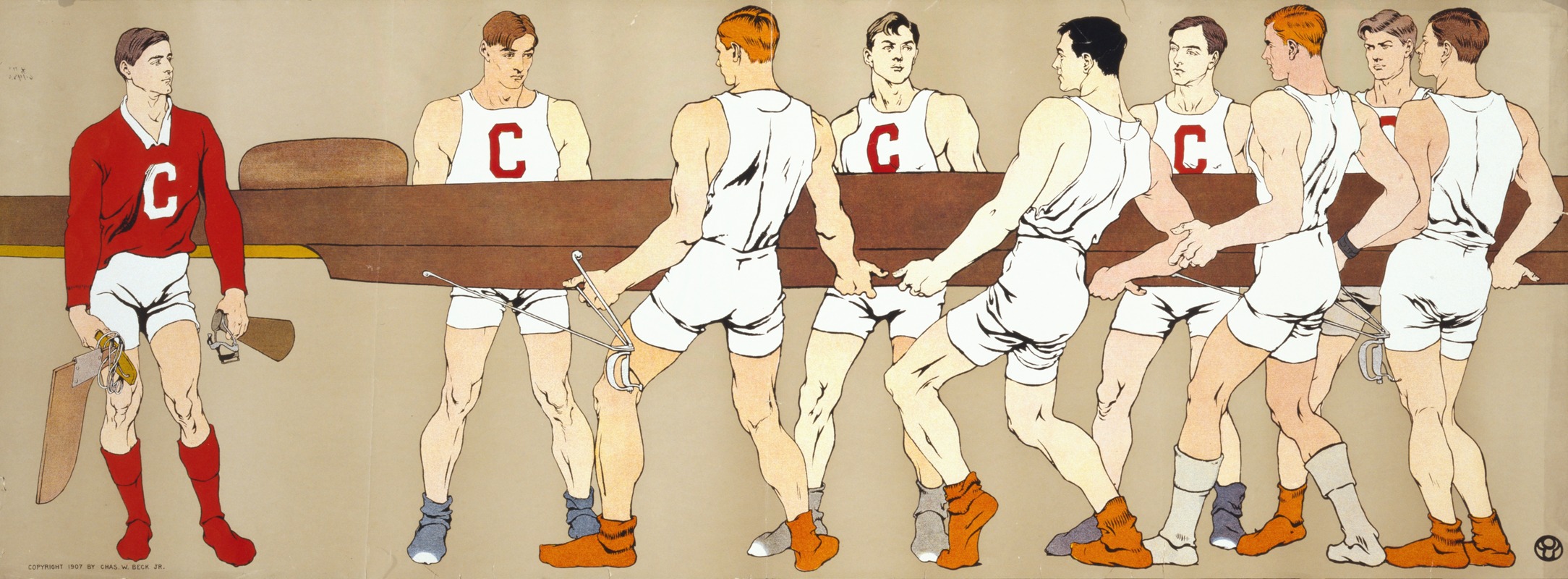This is this week’s edition of Time’s Corner, my bi-weekly newsletter. Sign up here.

For nine and a half years, I’ve kept track of all the movies I watch start to finish. At the moment, that number is six hundred and thirty-four, an average of one movie every five days.
What they are depends on the year. When my daughter was around three, we watched a bunch of Disney and Pixar movies together. When my son was born, I slept on a pull-out sofa in the basement and watched James Bond movies before falling asleep.
For most of 2014 I had no money and lived in a studio apartment without internet. Every Tuesday at work I’d check 99rental.com to find out which movie iTunes was renting for a buck that week. Most of the time I’d never heard of it. I’d download it anyway and watch it at home.
I used to spend a lot of time on Twitter, not talking, but listening. Twitter was a gold mine of information about movies & writing, straight from sources who knew. That was back when nobody knew that @Bitchuation was Steven Soderbergh and Rian Johnson was still unverified and dangerous. John August once argued with me about the ending to one of his own movies. All of these filmmakers constantly mentioned the movies, directors, screenwriters, editors, and cinematographers they loved, and I took note.
Most directors are avid movie fans. In the course of a ten-minute interview, Steven Spielberg might mention a dozen movies, some of which I’ve never heard of. He might say that one of them is “Fellini-esque,” leading me to look up Frederico Fellini and add a couple of his most highly rated films to my watchlist.
Speaking of watchlists, I use IMDb to keep track of what I want to watch, partly because it makes it easy to find out where a given film is streaming, and partly because it’s so easy to follow a thread from one film to another. For instance, watching The Untouchables a few years ago, I noticed how well the chase scene was shot (not to mention the reference to Battleship Potemkin) and looked up the cinematographer (Stephen Burum). One of the films he shot (The Escape Artist) was directed by another cinematographer named Caleb Deschanel (yes, Zooey’s dad). Never mind that The Escape Artist has a 6.8/10 on IMDb and a 58% on Metascore. A great cinematographer directed it and another great cinematographer shot. It goes on the list.
When picking a movie to watch on a Saturday night, and after convincing my wife to watch something obscure that may not be any good, I filter my watchlist by one of the streaming services we have access to (Prime, Netflix, Hulu, IMDb Freevee) and poke around for something that looks interesting. I know I’ll never get around to watching all the films that are on my list (there are exactly 1000 of them at the moment), and I know that not all of them are good. That’s fine. My watchlist functions like an anti-library, reminding me of all the movies, good and bad, that are out there. And once in a while, I do stumble across a gem. Here are ten of the best lesser known movies I saw for the first time in the last nine years:

